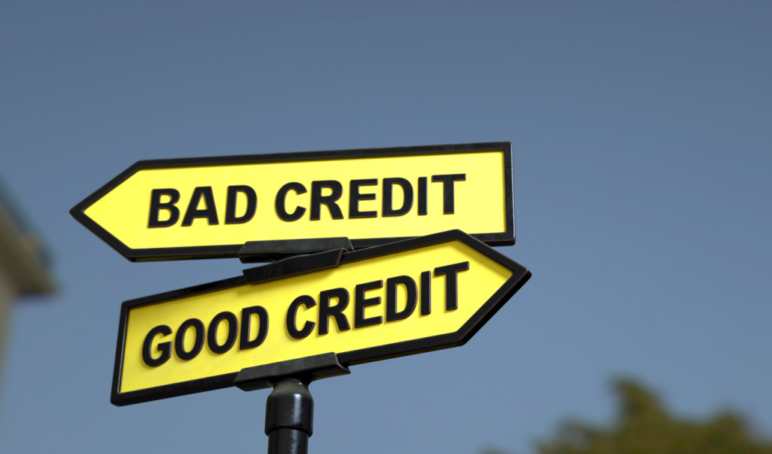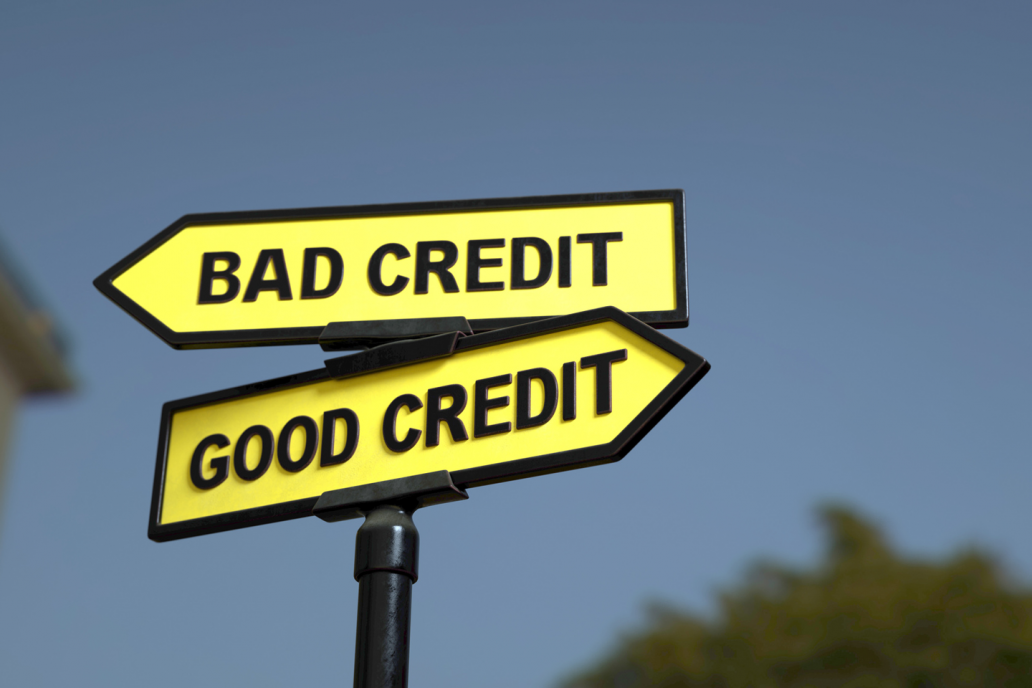

Everyone knows how important it is to maintain good credit. Unfortunately, not many people are taught how to build good credit and maintain it. Without a good credit score, it could be difficult to take out a loan when needed, find loans with lower interest rates or longer loan terms.
A bad credit score could also prevent you from getting into an apartment you’re interested in or buying the house you want. As you get older and come across different life situations, you’ll realize how important credit scores are. Although good credit scores take time to build, they can easily be brought down to a bad or low score.
In order to prevent your credit score from taking a dive, it’s essential to know the different factors that negatively affect it. In the guide below, you’ll find a list of several factors that can damage your score so you know what to avoid. Continue reading to get started down the path to awesome credit!
1. Your Credit Usage
What does your credit usage look like? The amount of credit you currently are using will affect your credit score. Here’s the tricky part, though.
You need to have open lines of credit if you want to build credit. If you never open a line of credit, then you won’t build a good credit score. You’ll have no credit, which can sometimes affect you the same way having bad credit would.
You need to have a credit card if you want to build good credit quickly, however, you need to keep its usage at 30% or less. This means don’t use more than 30% of the credit available to you. If you use more than 30% of your available credit and keep it over 30%, then you’ll see your score drop rapidly.
If this is what’s affecting your credit, then it’s a simple fix. Bring your usage to less than 30% and, in return, your credit score will jump.
2. Your Payment History
Your payment history will also have an effect on your credit score. It’s important to keep track of all your different bills and ensure to pay them on time. If you pay your bills late, then this could take a toll on your score.
Fortunately, many lenders will offer a window past the due date so that you can still make your payment without it being considered late. There are a few ways you can make sure to pay all of your bills on time. For starters, you can write down your bills and the due dates on a calendar or a whiteboard.
Each time you make a payment, cross that bill off on your calendar or change the due date to next month if using a whiteboard. You can also consider setting up automatic payments with lenders. The money will then come out of your account automatically so you never have to worry about forgetting it.
3. The Age of Your Credit
The longer you’ve had credit, the better it is for your credit score. Old credit shows lenders that you’ve established good credit over many years, which is a sign of someone who’s reliable and most likely to pay your loans back on time.
Because of this, you’ll want to keep all of your credit accounts open unless you have a good reason to close them. Even if you don’t use them, keep them to show the age of your credit. If you have a credit card that charges an annual fee, and you don’t use it, then that’s a card you’ll want to consider closing.
Otherwise, keep everything open.
4. The Amount of Debt You Have
How much debt do you currently have? The amount of debt you have can also negatively affect your credit. Debt doesn’t have to be from only your credit cards or loans either.
It’s a mixture of everything, including past due bills. The best thing you can do is start paying off your debt little by little. The less debt you’re in, the better your credit will be.
To start paying off your debts, make a priority list. Start by paying off the debts with the highest interest rates first. Then, make your way down the list.
You’ll do this by paying everything on time but putting an extra $10 or $15 towards the debts with the highest interests.
5. The Mixture of Credit You Have
It looks good on your credit if you have a mixture of credit usage. For example, you’ll want to have a good mixture of both installment accounts and credit card accounts. Installment accounts are car payments, mortgages, student loans, and other similar accounts.
When you have a good mixture of different lines of credit, it helps build your credit. Do keep in mind that you don’t want to simply open an account just to create a good mix. Instead, if you’ve only had installment accounts, then opening a small credit card to use only for minor expenses is a good idea.
6. Credit Inquiries
Any time you need to apply for a loan or a credit card, the lender is going to pull your credit score. This will happen no matter where you go to apply for credit. As you may know, credit inquiries can negatively affect your credit score.
There are some lenders that’ll do a hard inquiry while other lenders will do a soft inquiry. Hard inquiries on your credit will negatively affect it more than a soft inquiry. If you’re visiting a lender, make sure to ask them what type of inquiry they’ll be conducting before you allow them to.
If they plan to do a hard inquiry, then consider visiting a few other lenders until you find one that doesn’t require a hard inquiry.
7. New Lines of Credit
New lines of credit will negatively affect your credit score. Think about how many lines of credit you’ve taken out recently. Now, consider how many of those lenders had to conduct a hard inquiry.
All of those hard inquiries will add up in bringing your credit score down all at once. Taking out several lines of credit all within a short time frame can then signal red flags to a new lender.
You’re placed in this category because, in most situations, people who need to take out several lines of credit within a short amount of time are often facing financial hardships. Lenders will typically not want to lend money to someone who’s at risk of not being able to pay it back on time.
8. Bankruptcy and Foreclosure
Don’t forget that filing for bankruptcy or going through a foreclosure can also impact your credit score. Filing for bankruptcy can be beneficial because it will clear all of the debt you owe. It’s a good way to remove all of your current debt and not have to worry about it ever again.
However, filing for bankruptcy will let all lenders know you’re a credit risk. That last thing a lender wants to do is lend money to someone who’s known for not paying loans back. Bankruptcy will show up on your credit history and will cause your credit score to drop as well.
There is something to note about bankruptcy, though. If you already have a low credit score, then filing for bankruptcy could actually raise your credit score, but it’ll still come up in your history report that you filed for bankruptcy.
9. Open Accounts With Collections
Once you stop paying your bills, it’s only a matter of time before they’re sent to collections. You should receive a couple of notices in the mail first before the billing company sends your past-due payments to collections. You’ll then have an open collections account for any past-due payments.
Open accounts with collections will negatively affect your credit. The best thing you can do is start paying them back as soon as possible. In some cases, if you ignore your debts in collections, legal action can be taken against you.
You may even begin to have certain assets taken from you through this process.
You Can Build a Good Credit Score Starting Right Now
If you have bad credit or no credit, then do not worry. You can start building a good credit score starting today by following all of the helpful information given in this guide above. Know what negatively affects your credit score so you can avoid making these mistakes.
If you’re looking for a way to pay your bills or high-interest loans, then request a loan from Credito right now to see how we can help you!





